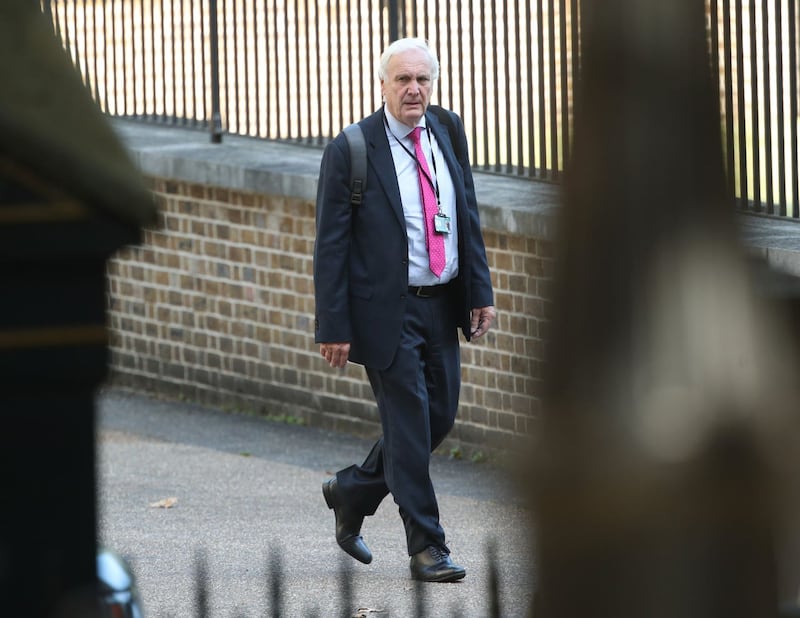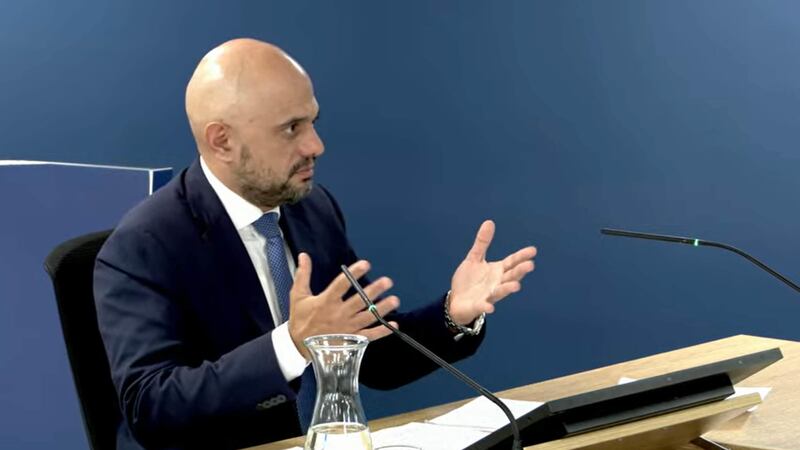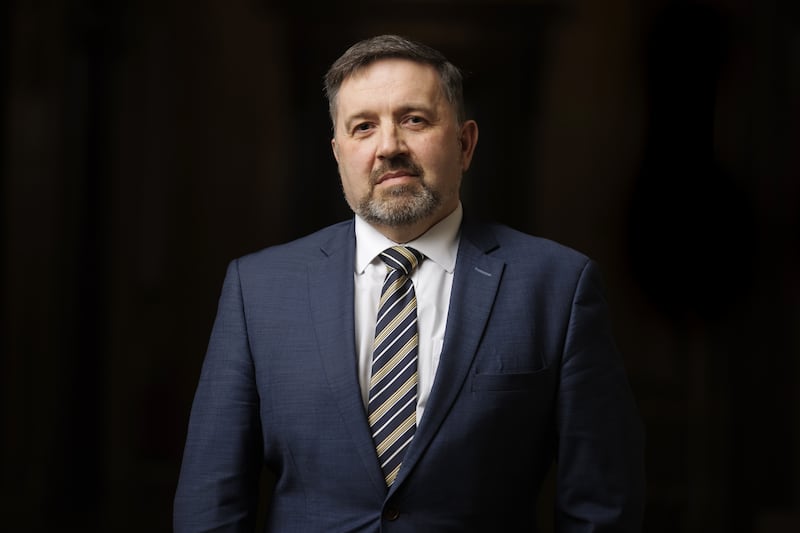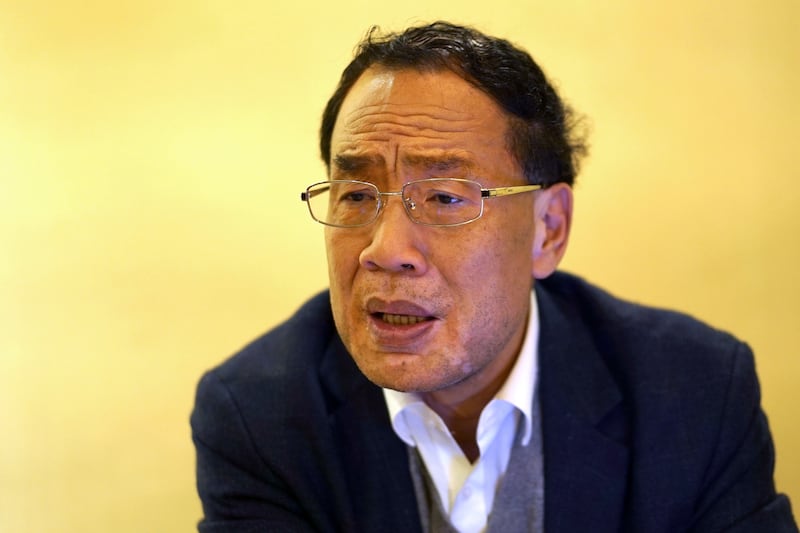Former health secretary Sajid Javid has said the “inexperienced” Cabinet at the start of the pandemic was designed to give Dominic Cummings power over decisions.
In a written statement to the Covid-19 Inquiry, Mr Javid said there was a goal at the time to “centralise power in Number 10 with a preference for loyalty over experience”.
Mr Javid, who resigned as chancellor on February 13 2020, said the arrangements often excluded ministers from decision making.
He added: “It was clear that in Mr Cummings, the prime minister had picked someone that he had decided to, for whatever reason, to trust with a huge amount of responsibility and power.

“Many times I felt like many of the key decisions were being made by Mr Cummings and not the prime minister in a way that I had not seen with any other prime minister. That is something I had to work with.”
In his statement, Mr Javid said the Cabinet in early 2020 had “less experience of being in Government or holding offices of state than many previous cabinets”.
He added that ministers were chosen solely to support Boris Johnson to deliver Brexit.
Mr Javid told the inquiry that Mr Cummings had “sought to act as a prime minister” but when he was chancellor he had been able to stop or delay policies that Mr Cummings wanted to implement.
He also said Mr Cummings constantly made “many requests” for information, with Mr Johnson generally unaware that the request had “come in his name”.
He was asked whether in early 2020 there was a “toxic”, “dysfunctional” and “feral” culture in Number 10 as described by other witnesses.
Mr Javid said: “Yes, broadly. I think it was a widespread feeling among a lot of the political advisers working in Number 10, many ministers, the Number 10 operation collectively was quite dysfunctional.”
Describing the circumstances surrounding his resignation, Mr Javid said that Mr Johnson tried to persuade him to stay on in the role but insisted he must replace his senior advisers.

Mr Javid then entered a separate room to reconsider his decision to step down, which he told the inquiry was because the prime minister was “not in charge” and Mr Cummings was “running the government”.
Mr Javid described being joined by then Downing Street chief of staff Eddie Lister and the deputy cabinet secretary at the time, Helen MacNamara.
He added: “They both came in to say the same thing which was the prime minister is only doing this because of Dominic Cummings. He has asked him to do this and the prime minister doesn’t know what he is doing in asking you to do this. This is all Dominic Cummings. Don’t fall for it.
“Their message was that Dominic Cummings will be gone within a few weeks. There is no way he can survive the way he is going.”








